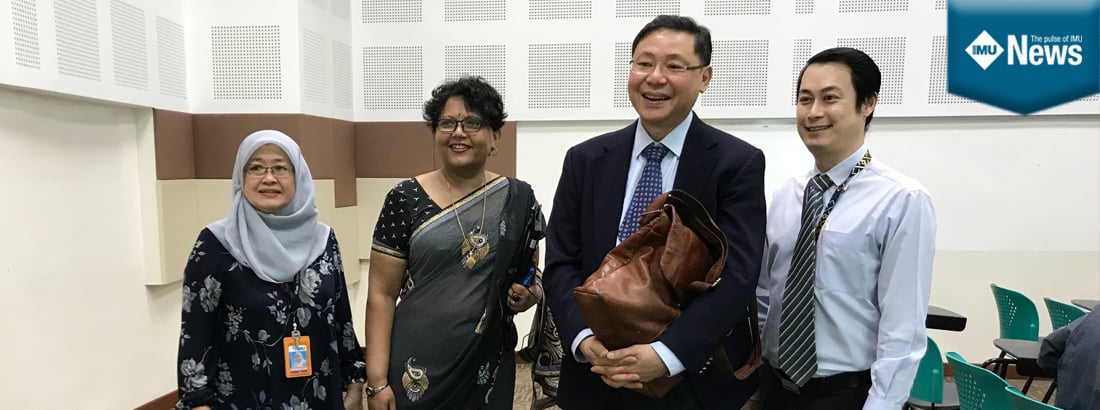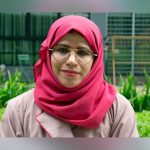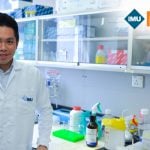All research should not stop at publications but the findings should be adapted and applied in clinical practice to improve health outcomes. Hence, translational medical research has emerged as an important theme in the last decade. The overall aims of translational research in the medical field are to transfer knowledge, mechanisms, and techniques of basic molecular and cellular research into new approaches for the diagnosis and treatment of disease. It involves the conversion of clinical observations into basic research questions which can be addressed with experimentations. However, there remains major challenges in connecting the molecular or cellular world with the clinical realm and many of the potential research findings are actually lost in translation. 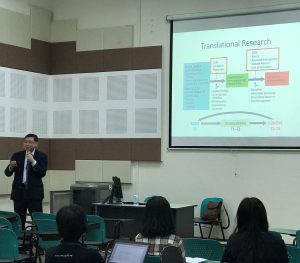 Of late, translational bioinformatics has emerged as the connecting bridge to link molecular entities to clinical entities with the development and applications of informatics methods. The availability and utilisation of population clinical data for research through bio-banks and electronic medical records is indeed a stepping stone for translational bioinformatics to cascade further for the benefits of mankind. Featuring Prof Chim Lang, the Institute for Research, Development and Innovation (IRDI) in collaboration with the School of Postgraduate Studies, International Medical University (IMU) successfully organised a Translational Research Seminar Talk titled Translational Research from Big Data, Bench to Bedside: Diabetes and Heart Failure on 18 October 2019 at the University’s campus in Bukit Jalil. In this talk, Prof Lang was sharing his experience in Dundee utilising translational techniques to address the problem of chronic heart failure and type 2 diabetes which is a lethal disease combination. His passion in bridging the translational gap in cardiovascular research was eminent with his works in, but not limited to, studies of genetics of heart failure in diabetic patients and vice versa, the application of personalised medicine in pharmacogenetics in the treatment of heart failure whereby medications are prescribed based on the genetics of patients, as well as studies of medications such as Thiazolidinediones, Sulphonylureas, Metformin, Dapagliflozin as well as SGLT2 inhibitors in treating diabetic heart failure. Besides, machine learning has also come into place in the diabetic treatment such as vascular assessment and measurement of retina.
Of late, translational bioinformatics has emerged as the connecting bridge to link molecular entities to clinical entities with the development and applications of informatics methods. The availability and utilisation of population clinical data for research through bio-banks and electronic medical records is indeed a stepping stone for translational bioinformatics to cascade further for the benefits of mankind. Featuring Prof Chim Lang, the Institute for Research, Development and Innovation (IRDI) in collaboration with the School of Postgraduate Studies, International Medical University (IMU) successfully organised a Translational Research Seminar Talk titled Translational Research from Big Data, Bench to Bedside: Diabetes and Heart Failure on 18 October 2019 at the University’s campus in Bukit Jalil. In this talk, Prof Lang was sharing his experience in Dundee utilising translational techniques to address the problem of chronic heart failure and type 2 diabetes which is a lethal disease combination. His passion in bridging the translational gap in cardiovascular research was eminent with his works in, but not limited to, studies of genetics of heart failure in diabetic patients and vice versa, the application of personalised medicine in pharmacogenetics in the treatment of heart failure whereby medications are prescribed based on the genetics of patients, as well as studies of medications such as Thiazolidinediones, Sulphonylureas, Metformin, Dapagliflozin as well as SGLT2 inhibitors in treating diabetic heart failure. Besides, machine learning has also come into place in the diabetic treatment such as vascular assessment and measurement of retina.
Indeed, the talk by Professor Lang provided the insights on the importance of translational research in the improvement of clinical practice and patient care. Hence, there should be a drive for new tools and more discoveries for translations into practice. Certainly more clinical academics and physician scientists who can cross the divide between basic research and clinical practice will come in place!
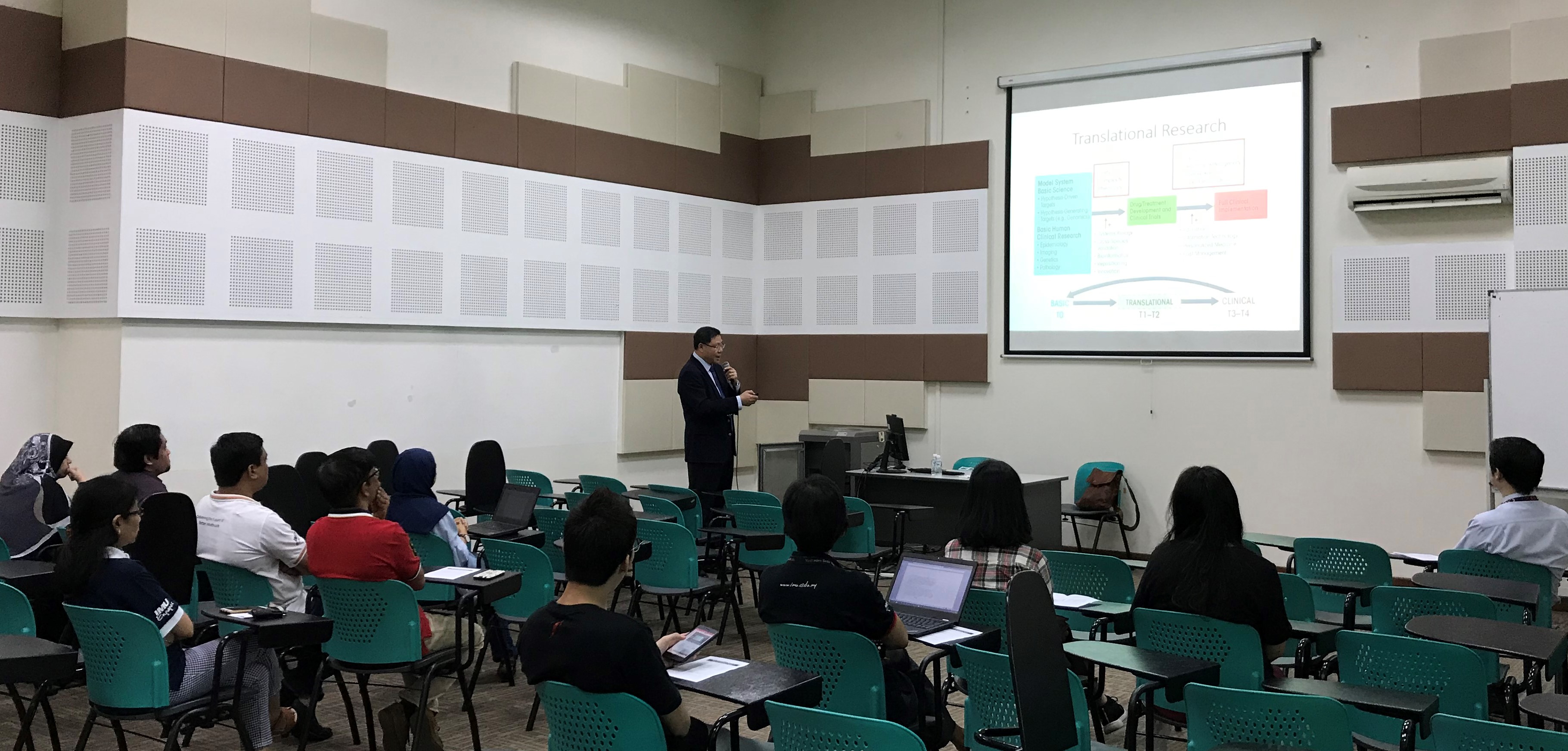
| About Prof Chim Lang |
|---|
| Prof Chim Lang is a consultant cardiologist, clinical pharmacologist, Professor of Cardiology, and Head of the Division of Molecular and Clinical Medicine at the University of Dundee. He was a Merck Fellow at Vanderbilt University, Nashville, as well as a Fulbright Scholar at Columbia University, New York. He was also formerly the Professor of Cardiology and Deputy Dean for Research at the Faculty of Medicine at University of Malaya. While at University of Malaya, Prof Lang was the founding Director of the award winning Clinical Investigation Centre at University of Malaya. Being well-trained in both cardiology and clinical pharmacology in the UK and USA, Prof Lang further ventures into patient-oriented research which takes a multidisciplinary approach to the understanding of the pathophysiology of heart failure and cardio-metabolic diseases. He leads an integrated cardiovascular research laboratory dedicated to translational research and in the development of biomarkers and novel treatment strategies in patients with cardiovascular diseases. |
Related Articles:




